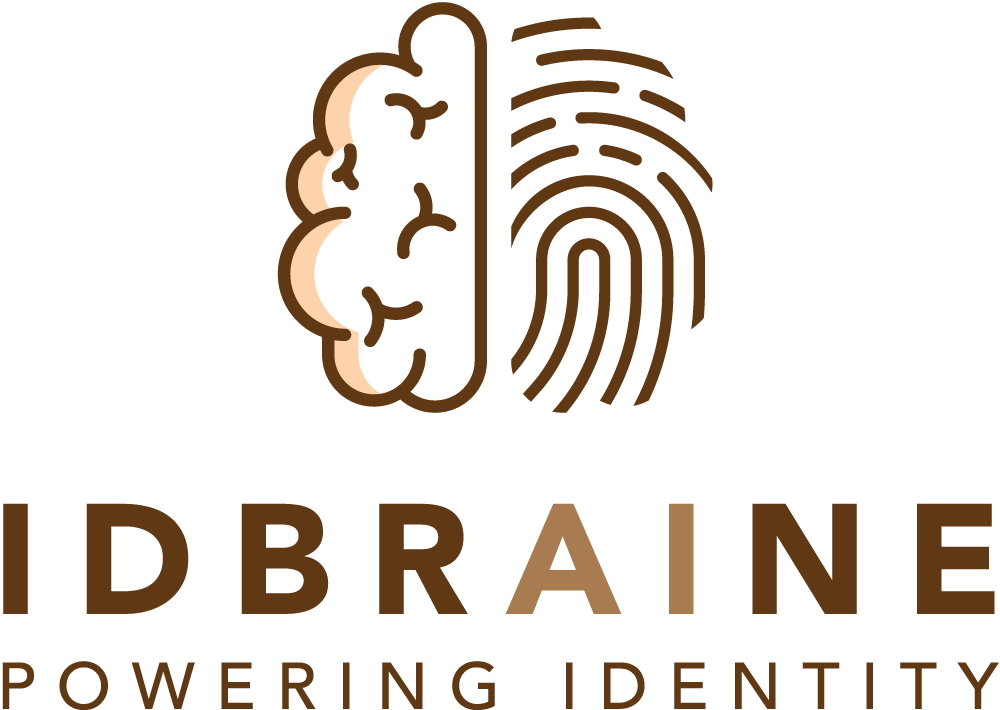
Data Privacy: Staying Compliant In The Age Of Digital Lending
Despite the growth in digitization, particularly after demonetization in November 2016, digital footprints of human beings have been accessible from anywhere in the country, but the COVID-19 outbreak has accelerated its adoption across industries in India that was at a nascent stage before. The financial services sector is no longer an exception to the nationwide lockdown and social distancing norms, for which technological innovation is increasingly being leveraged.
But with every development, there is a downside attached and digital lending is no exception. With the increasing digital lending penetration, a growing number of stakeholders are concerned about data privacy that is transferring more financial information over the internet.
Data privacy has become an essential aspect of lending to institutions worldwide due to these concerns.
Digital routes for sourcing credit have been increasingly popular in the lending industry. Thus, 55% of buyers take full advantage of online credit tools. Smartphones will handle six out of ten personal loans by 2022, while seven out of ten retail loans will be processed through smartphones. As a result, digital channels influence about 40-60% of loan purchase transactions across all loan types. A growth rate of 48 percent is forecast for the digital lending industry by 2023, raising its valuation from the $110 billion it was valued at in 2019, to $350 billion. With such large numbers, lending will boom, and data privacy concerns will arise. Digital lending, by nature, is sacrosanct to customer privacy and data security. Customer loyalty has improved for organizations that have been able to implement effective data management practices that safeguard the data of their customers. Due to consumers’ increasing awareness of their data rights across multiple platforms, this development has taken place.Data Privacy in complete threat from the on-going digital lending process.
Several data privacy concerns have been raised with regards to digital lending that can compromise personal information. As a result, data privacy plays a critical role in the lending process. Certain issues, however, make it impossible to implement proper data privacy protocols at the grassroots level. These include:- Despite their high importance, data breaches are underrated. However, budgets do not include them and top management does not provide as much support.
- Data privacy issues are generally not a priority for institutions, so people are unaware of their importance. Moreover, most firms fail to invest in proper training for their employees and ensure they fully understand the subject.
- The number of people using their mobile phones for banking has increased dramatically, especially those who prefer cashless transactions. As a result, hackers have been able to execute various frauds, which result in data breaches.
- Platforms that exploiters use to steal customer data include different social media channels. Data privacy is under serious threat today as people increasingly share their confidential information online.
Data Privacy Legislations- Laws are made for security enhancement
“Privacy is one of the biggest problems in this new electronic age- Andy Grove”
Due to the increasing concern of data privacy and security, several laws have been written to hold organizations more accountable for managing and sharing the personal information they gather about people. India and several other countries have taken a lead with the enforcement of appropriate data privacy laws. Among the current gold standards for personal data security policies, the European GDPR rules are supported by big tech companies like Apple and Google. In response to the Personal Data Protection (PDP) Bill, specific laws have been enacted, which have altered the lending standards for banks, NBFCs, and various fintech companies operating in the lending ecosystem.Staying compliant with the Data Privacy Act: Eight Keys
As a lender, it must work with third parties who adhere to the highest standards of data security, ensuring the privacy of its customers. To remain competitive in the new data economy, companies must adopt symmetric and asymmetric encryption standards such as AES/PGP (both in motion and at rest), advanced 2-factor authentication credentials, and more to comply with the rights outlined in the PDP Bill, lenders must comply with the following requirements:- Importance of Security: Banks and other institutions should be enthused about security and security systems. A mindset of relegating security as a cost can only be shed when security is viewed as a plus for regulatory compliance.
- Advance in Emerging Technologies: In the banking and lending sector, technology is needed to enable banks to identify malfunctions and anticipate possible frauds that might occur at various data points.
- Engendering consumer awareness: Consumers must be made aware of the importance of not giving their bank credentials to anyone in one of the most crucial areas. Should they notice anything suspicious in their bank account or transactions, they must notify the Cybersecurity cell immediately.
- Informed Consent: Before any of the customer’s information can be used for processing, lenders must obtain explicit and informed consent. A lender’s implied consent is therefore not a valid basis for using your data. To process your data, you must imply your consent freely, specifically, informed, and unambiguously.
- Explicit Purpose: Only data necessary for processing should be collected. It is against the law to collect data without knowing the reason or declaring it. A privacy policy is therefore required of lenders. This is a formal legal document that stipulates how a party gathers, uses, discloses, and manages the data of a customer or client.
- Data Expurgation: The data principal or the customer has the right to request that the data be erased once the purpose of the collected data has been met.
- Data Portability: The data principal has the right to request a copy of the data in a structured and machine-readable format once the data has been used for the required purpose. A typical lending scenario will require the following steps based on the above compliances.
- KYC Process: Any lending operation begins with an initial Know Your Customer process that can be classified as a consent-based process which is identification and address proof. A customer can also request that all data associated with their loan be deleted once it is repaid. E-KYC and Video KYC have been widely adopted, so students can also request a digital copy of their data.




